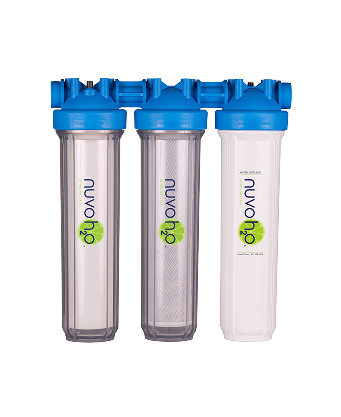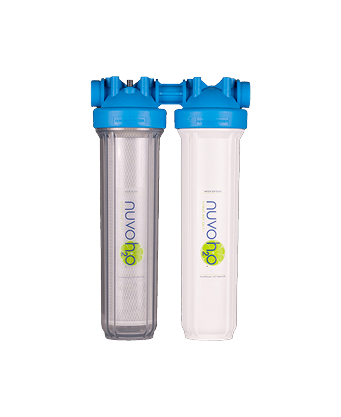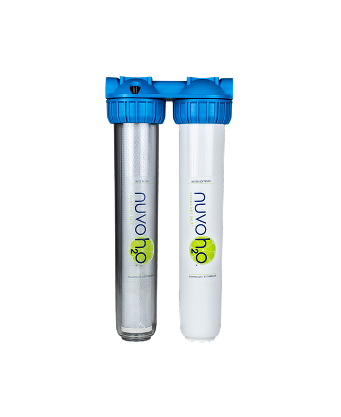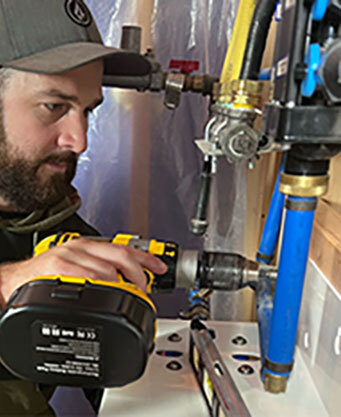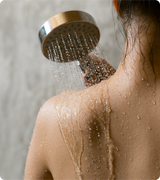
5 Things New Homeowners Should Know About Their Plumbing
Posted by Tait Washburn on 22nd Mar 2021
Buying your first home is a big step and will inevitably bring up a lot of questions and concerns. The areas in your home that are harder to see can oftentimes be the most anxiety producing, like the state of the homes plumbing. Knowing how to monitor your plumbing can both save you money and prevent future damage. Don’t let small mistakes compound into expensive problems. Here are 5 things you need to know about your new home’s plumbing.
Find your Water Main and Shut Off valve
Your water main is where all the water comes into your home, this is vital information to know. Locate where your water main is and learn how to shut it off. You’ll be thankful for this knowledge if an emergency strikes or your plumbing requires maintenance.Water mains are typically found in the basement and/or next to your water heater, the shut off valve should be nearby. Apartments, townhomes, or condos will have a water main and shutoff valve as well, and their shutoff valve will generally still be next to the water heater.
Find your Water Meter
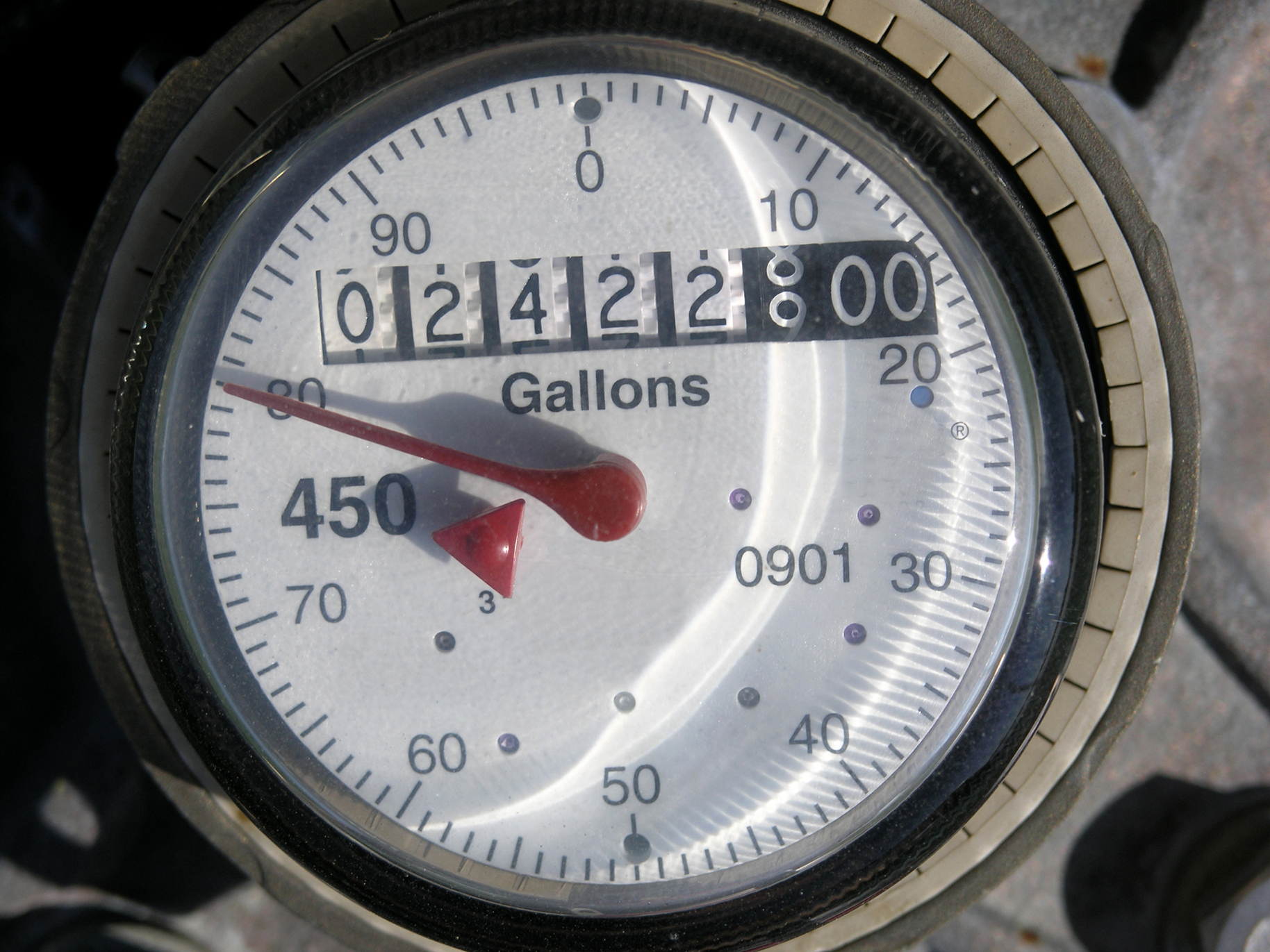
You will also want to find your water meter. This will either be outside your home in approximately the same place your water main enters it, or in a concrete box out near your curb. Digital water meters are generally self explanatory and easy to read, but analog meters are more tricky and all water meters calculate gallons of water. Generally, analog water meters with large red hands (like the upper left image) measure single gallons of water and the numbers being tens, hundreds, and thousands of gallons. If it has small dials with decimals above each (like the one on the lower right), then the number at the top center is just the number of gallons and the little dials are fractions of gallons as labeled.
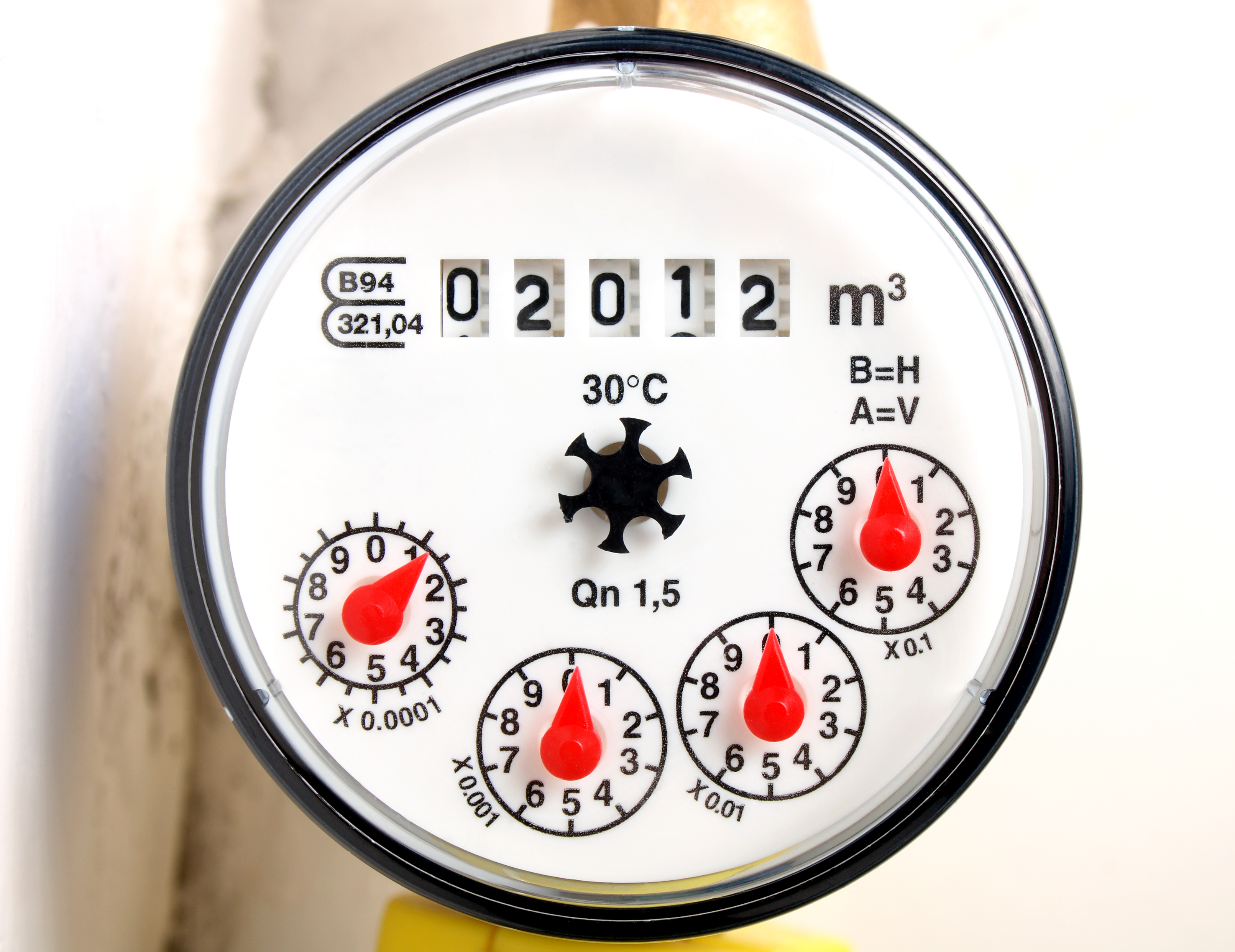
Monitoring these numbers will give you a good idea of how much water you use in any time period, and there are a
lot of benefits to doing so. Knowing how much water you use can alert you to leaks or overuse early on, and help you monitor the lifespan of things like whole home filters.
If you live in an apartment, townhome, or condo, you may not have a dedicated water meter but you can install a clamp-on water meter to achieve a similar effect. They are not as accurate, but as long as it’s installed on the main water line and monitors all water coming in, you can use it to monitor your water usage.
Dealing with Clogs
The next big issue you’ll run into is clogged pipes, which can range from annoying to extremely damaging. It’s inconvenient when your sink won’t drain but extremely expensive if your tub floods the basement, so learning the best way to deal with them is going to be important.
Simple clogs high up in the pipes can be fixed with a plunger and it’s highly recommended you have one in each bathroom to deal with common toilet issues. For sinks and deeper clogs, new homeowners should consider buying a plumbing snake and learn how to use it, and if ever small, hard objects drop down a drain a vacuum can work well for removing them. We suggest avoid using liquid pipe cleaners, as they can damage your pipes and only temporarily clear clogs.
Always consider hiring a professional when you feel overwhelmed as a bad fix can cause more problems than no fix at all.
Know your Pipes
Clogs aren’t the only part of your pipes you need to think about. Whenever you’re putting up a painting or putting anything in the walls you need to be careful about hitting and rupturing pipes. Also take a good look at what kind of pipes you have, as different materials have different potential issues. PEX pipe is newer, generally is less prone to corrosion, but is easy to break or shatter under high pressure or if struck. Copper pipe is more durable but is prone to corrosion due to some city water treatments and needs to be grounded like electrical wires, segments of copper pipe surrounded by non-metal pipes can be an issue. Some older types of pipe, like cast iron, are extremely susceptible to hard water damage and will eventually have to be replaced.
Lastly, know how to winterize the pipes in your home. If the temperature ever gets below 20o F, you’ll need to keep your faucets at a low drip to keep water flowing through them and wrap exposed pipes outdoors with heat tape or a pipe sleeve.
Get a Water Test
The best way to know more about what plumbing issues you may face in the future is to get a water test done. In some cities you can get a test from your local water provider, but even in this case it may be worth it to find a quality test online or find a plumber who will take a test for you. This kind of test will help you know if your water is more acidic or basic, if you have any contaminants that will need special filters, or if you have hard or soft water.
This kind of test can help catch potentially dangerous issues in your water before you have to pay the price for them. Going the extra mile to make sure your plumbing and your family are safe is critical. Even if you had a water test done in the past, getting a water test done every year or two can catch changes in your water, such as a utility provider changing the way they sanitize water or if a new contaminant has started seeping into the ground water in your area.
Be sure when doing a water test yourself to take a water sample before the water goes through any softeners or filters you may be using in your home.
We’re Here to Help
If you get a water test, have hard water, but don’t know how to move forward, know that our internal sales team is available to help you make that decision. You can call them at (844) 733-4597 between 9 am to 5 pm MST, Monday through Friday and talk to them about the results of your water test. They can help guide you through making the best water treatment decisions for your new home.
Many households have hard water and like most of the potential problems of owning a home, handling it correctly and early on will prevent damage to your pipes, your appliances, and your home. When looking for a solution to prevent or even reverse hard water symptoms, consider a NuvoH2O system. Our citrus-powered technology is eco-friendly and easy to install and maintain.
But no matter how you manage your home’s plumbing, learning everything you can about maintaining and monitoring it will help you prevent problems in the future. So, good luck to every new homeowner, and take care.

